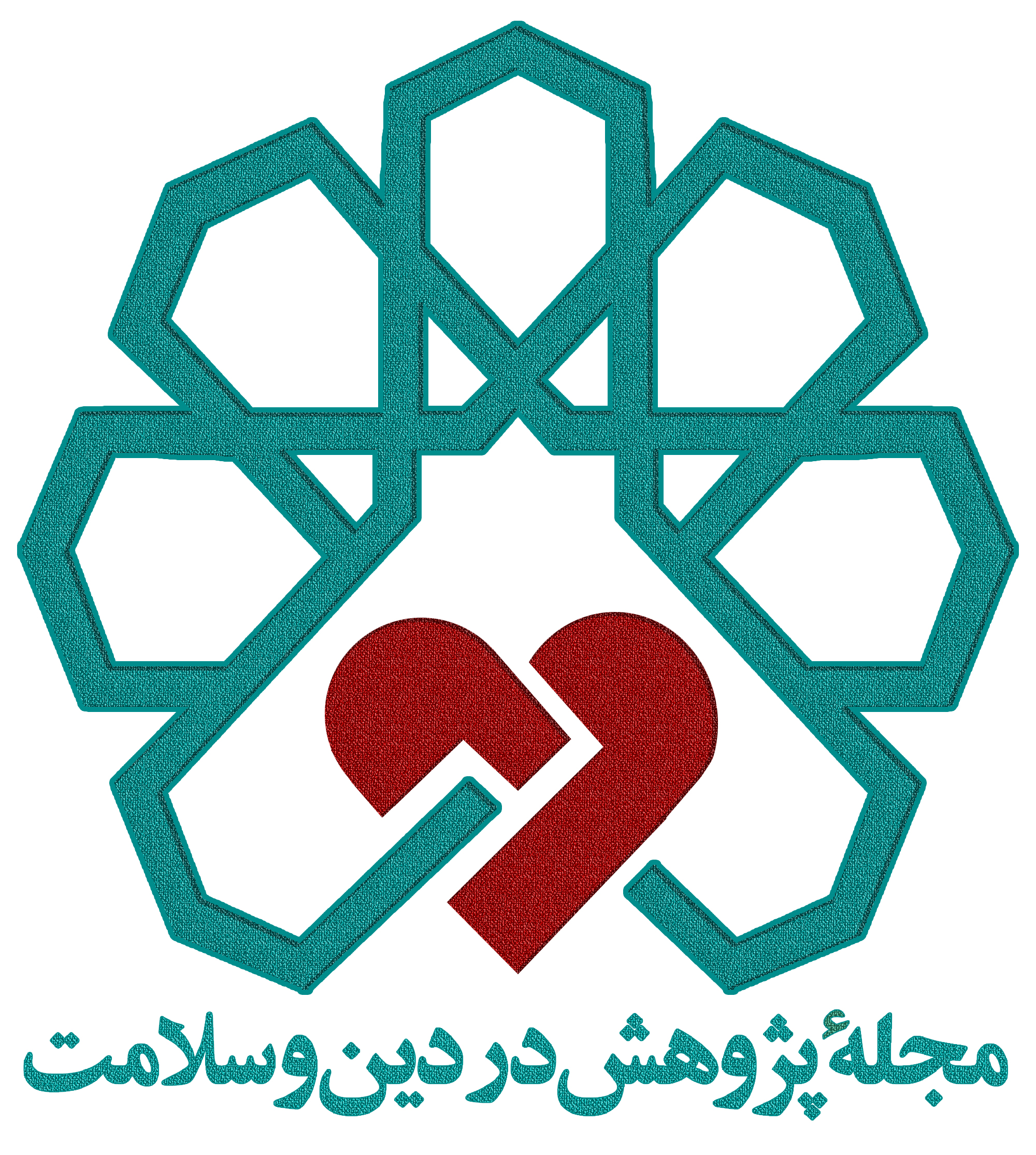Background Objective: The mental health of students is one of the major issues in psychology, psychiatry and sociology.Find treatment ways to improve mental health for the fewer complications, more profitability and affordability are the main goals of the psychiatrists and psychologists.The purpose of this study was to determine the effect of spiritual intelligence on the mental health ofthe high school students in 14th District of Tehran.
Material & Methods: This study is a clinical trial, which involved 60 students from secondary schools, Vocational technical Shahid Chamran school, in 14th District of Tehran. The study population included high school students of, Vocational technical Shahid Chamran school, in 14th District of Tehran. The sampling method in this study was a multi-stage clusters,That the few high schools were selected from high schools in 14th District of Tehran among them Vocational technical Shahid Chamran school was stusied as the target population.Total of 60 persons randomly were selected from students in the school and were studied in two experimental(n=30)and control groups (n = 28). Experimental group participated in seven weekly sessions of spiritual intelligence intervention, while the control group did not receive any treatment. In this study, the data collection instrument was questionnaire SCL-90.Data were analyzed using SPSS software and descriptive statistics (mean and standard deviation) and inferential statistics (independent group-T,dependentT).
Results: Statistical analysis showed that seven sessions of spiritual intelligence decreased significantly interpersonal sensitivity, somatization, obsessive-compulsive, depression, anxiety, hostility, phobic anxiety, paranoid ideation, and psychosis in post-test compared to before test and seven sessions of spiritual intelligence reduces interpersonal sensitivity, somatization, obsessive-compulsive, depression, anxiety, hostility, phobic anxiety, paranoid ideation and psychoticism in experimental group compared with a control group.
Conclusion: The results of this study showed mental health interventions can be used to promote spiritual intelligence.

